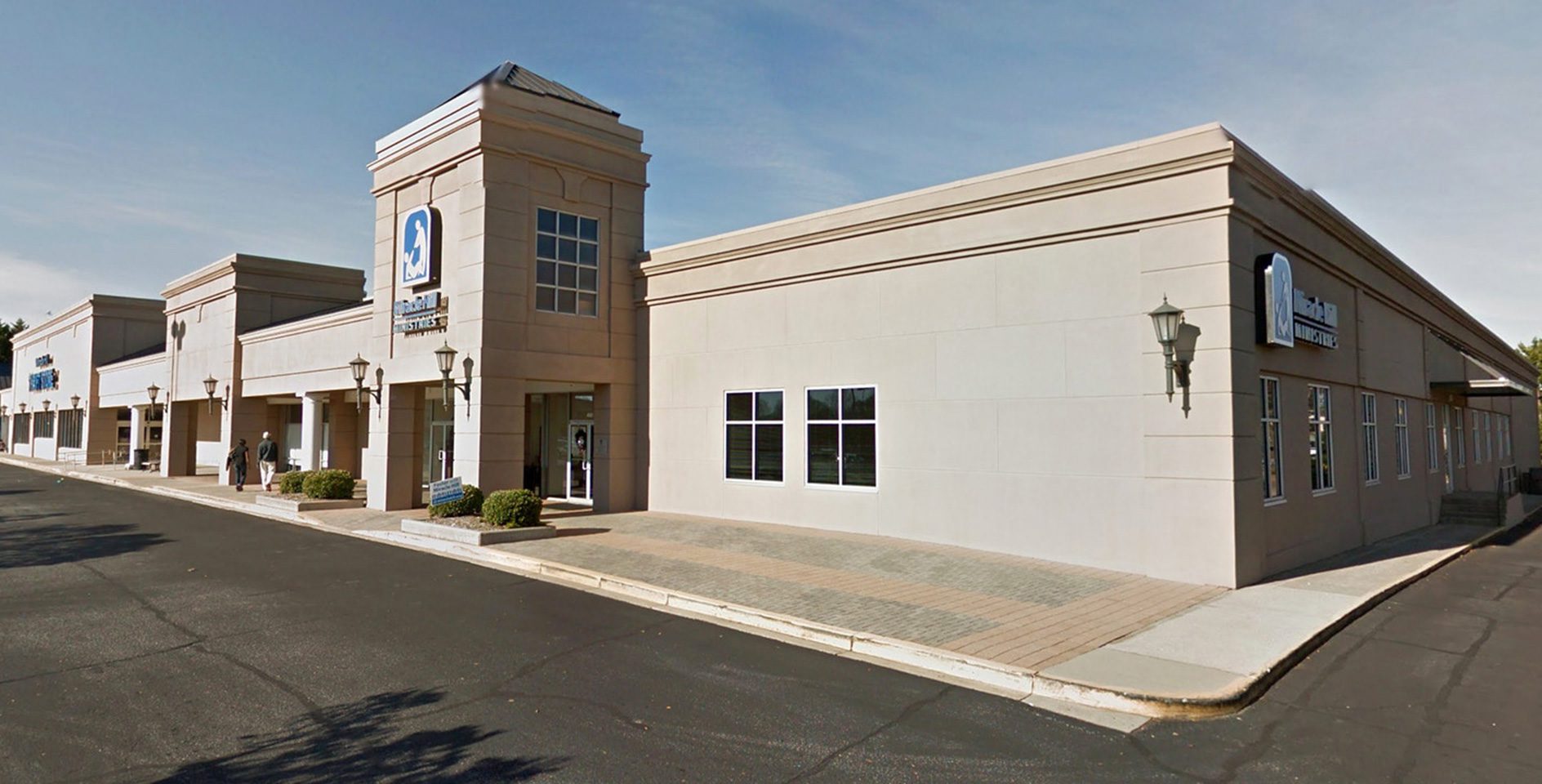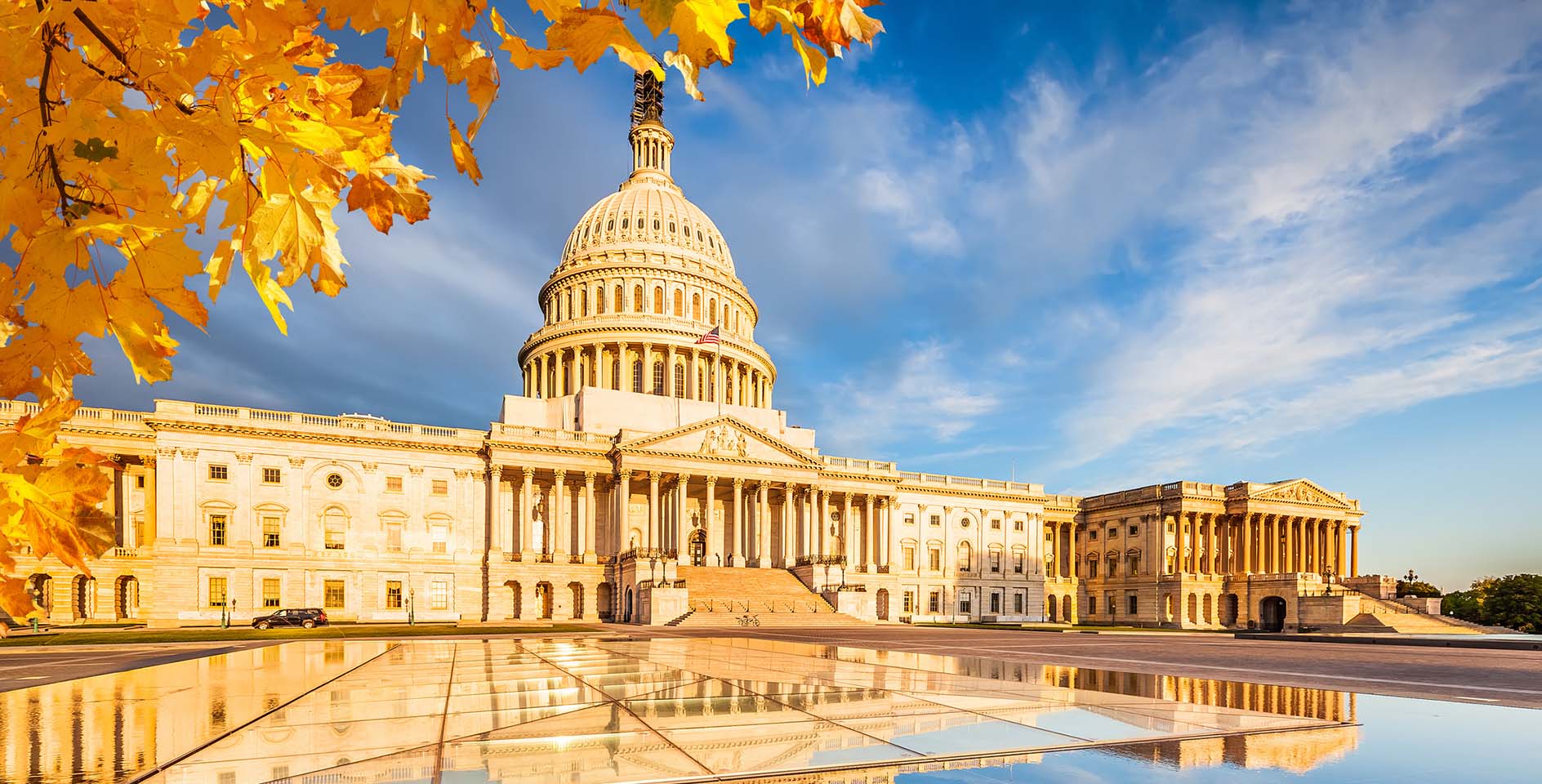Today, the Department of Health and Human Services (HHS) announced a religious liberty waiver for South Carolina’s faith-based organizations. The significance of this action is twofold; first it provides relief for faith-based organizations in South Carolina. Second, it lays the groundwork for other states to apply for this waiver, and protect faith-based organizations from losing their federal funding simply because they operate with religious principles and convictions.
Last year, South Carolina Gov. Henry McMaster requested a waiver based on the Religious Freedom Restoration Act (RFRA), from an Obama-era regulation that applies to HHS grantees. Foster care funding flows through the state, and one particular South Carolina organization, Miracle Hill Ministries, was in danger of losing their funding and their license because of the regulation.
Miracle Hill is a Christian organization that provides an enormous amount of services and resources to the most vulnerable people in South Carolina. A small sampling of their work includes: providing shelter for 3,000 homeless people, leading two recovery programs, and running transitional housing programs. Their most controversation work over the past year was providing foster care recruitment and placement for children in need of safe and loving families.
For almost 30 years, Miracle Hill served all foster children of any race, nationality, religious belief, sex, disability, or political belief. They are responsible for finding good placements 15 percent of the over 4,500 children in the South Carolina foster care system.
Last year, the South Carolina Department of Social Services (SCDSS) began interpreting the Obama-era regulation to mean that Miracle Hill would not have the freedom to provide those services, simply because they operate their organization with faith-based convictions. SCDSS informed Miracle Hill that its license was in jeopardy of being revoked.
Miracle Hill is clear that its sincerely held religious beliefs are what motivate their work in caring for the needy and vulnerable. They view their foster care services as direct obedience to the biblical directive to care for vulnerable children.
All institutions should have an equal seat at the table, and many faith-based organizations have made it clear that they are more than willing to provide referrals to other placement organizations.
The need for safe and loving families is continuing to increase, as the opioid crisis continues to cause an increase in children being placed into foster care. Currently, approximately 442,995 children are in the the U.S. foster care system. Between 2012 and 2016, the number of children in foster care increased from 397,600 to 437,500. According to the U.S. Health and Human Services, many in the child welfare community can trace this increase to parental substance use – including prescription drugs, illicit drugs, and alcohol, but especially opioids. The government should not be in the business of penalizing organizations for taking care of the hundreds of thousands of children.
The ERLC welcomes this action by HHS to protect the ability of faith-based child welfare providers to continue caring for vulnerable children. The significance of this waiver must not be lost. Faith-based organizations are a vital part of the community of care our country needs to serve children in crisis. These child welfare providers should not fear losing their licenses simply because of their deeply held religious convictions.
The ERLC is grateful for the leadership of Gov. McMaster and HHS officials for issuing this waiver as an example of their commitment to religious freedom. Every child deserves a safe, loving, and forever home, and it is good news that all organizations in South Carolina can continue their good work.










